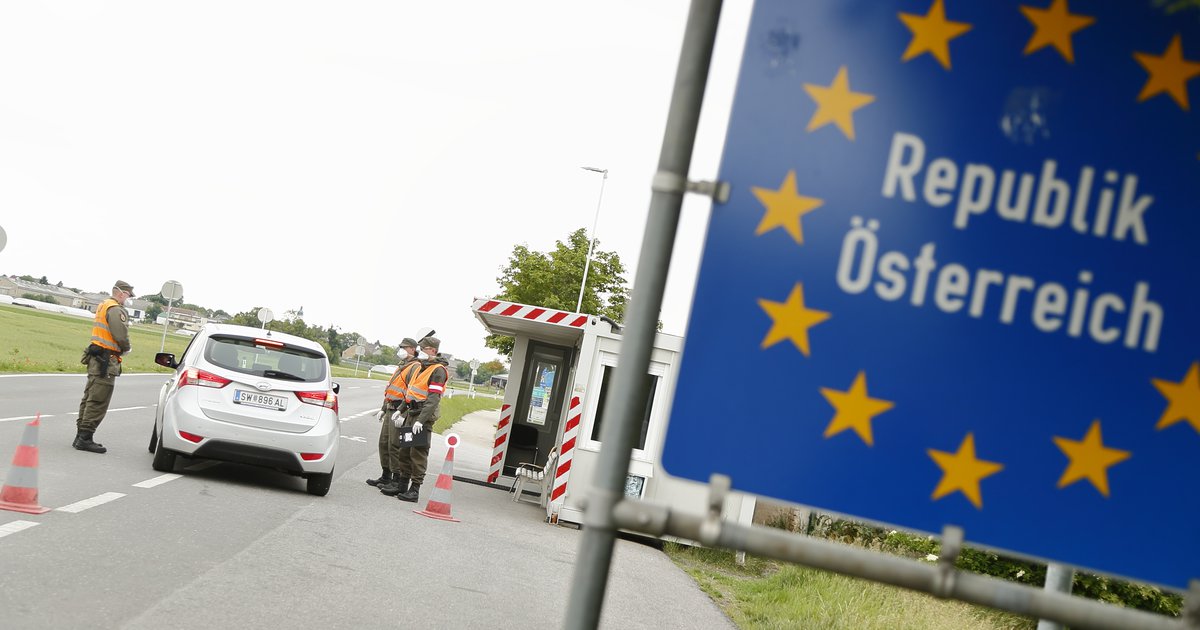
In the week that followed, the infection rate surged, resulting in the death of hundreds of Austrian citizens. By then, a mere fifth of the population still believed the fear of the virus was exaggerated. In response, the Austrian government finally imposed a general lockdown. Too little too late, as it turned out. The damage was already done.
The FPÖ also failed to profit from the controversy that erupted within the eurozone in late March over the question of how to deal with the economic fallout from the pandemic. Southern countries, led by Italy, called for the issuing of “coronabonds.” The idea was immediately rejected by the Germans and the Dutch. The Germans, in turn, offered to provide funds within the framework of the European Stability Mechanism (ESM), to which the Italians vehemently objected – given the disastrous experience of the Greeks in the aftermath of the 2008 financial crisis. The FPÖ was quick to follow the Germans. Its leader, Norbert Hofer, issued a strong warning to the red-green Austrian coalition not to cave in to the demands of parts of the Greens who sympathized with the southern “debt countries.” Hofer charged that the COVID-19 crisis was “obviously” being used to “sneek in” the “communization” of the debts of profligate member states, such as Greece and Italy, at the expense of the Austrian tax payer. With this position, the FPÖ was in sharp opposition to the Italian populist right, which in the past had been one its major allies. Obviously, when it comes to money, international populist solidarity comes to a screeching halt.
As it was, the FPÖ’s position paid no political dividends domestically. The Austrian government did not cave in. Not only did it outright reject the coronabond idea, it even joined the Dutch demanding that funding should be based on potentially far-reaching conditions – an idea ultimately dropped in subsequent negotiations. In any event, the Austrian government’s hardcore position took the wind out of the FPÖ’s sails and left them without an issue that would allow them to regain their political profile. Opinion polls reflect the FPÖ’s lack of traction. Most recent polls have them hovering around 10 percent – a far cry from the dizzying heights the party reached under both Haider and Strache.
At the same time, the ÖVP and its charismatic leader, Kurz, have clearly benefited from the crisis, coming close to an absolute majority among those polled. To be sure, in times of crisis, governments generally benefit from an “office bonus.” This, however, is only part of the story. Fact is that the corona crisis has exposed the poverty of the FPÖ’s program. With the closing of Austria’s borders, migrants and refugees are no longer an easy target for populist mobilization. Given the Kurz government’s popularity, populist anti-establishment ranting (assuming that the FPÖ was not itself part of the establishment) appears to have lost much of its punch. Under the circumstances, the FPÖ was hard pressed to find a new issue that would allow it to regain some presence in the media and make itself heard. And it did.
The new issue revolves around the lockdown – or, perhaps better, how quickly to get back to a modicum of “normalcy.” This is an important issue, given the growing public discontent with the restrictions imposed on them. In Germany, it has led to the formation of a new party – Widerstand (resistance) – which immediately gained significant, if largely undeserved, media attention.
PrintHans-Georg Betz | Radio Free (2020-06-16T00:00:00+00:00) How COVID-19 deflated the Austrian populist radical right. Retrieved from https://www.radiofree.org/2020/06/16/how-covid-19-deflated-the-austrian-populist-radical-right/
Please log in to upload a file.
There are no updates yet.
Click the Upload button above to add an update.